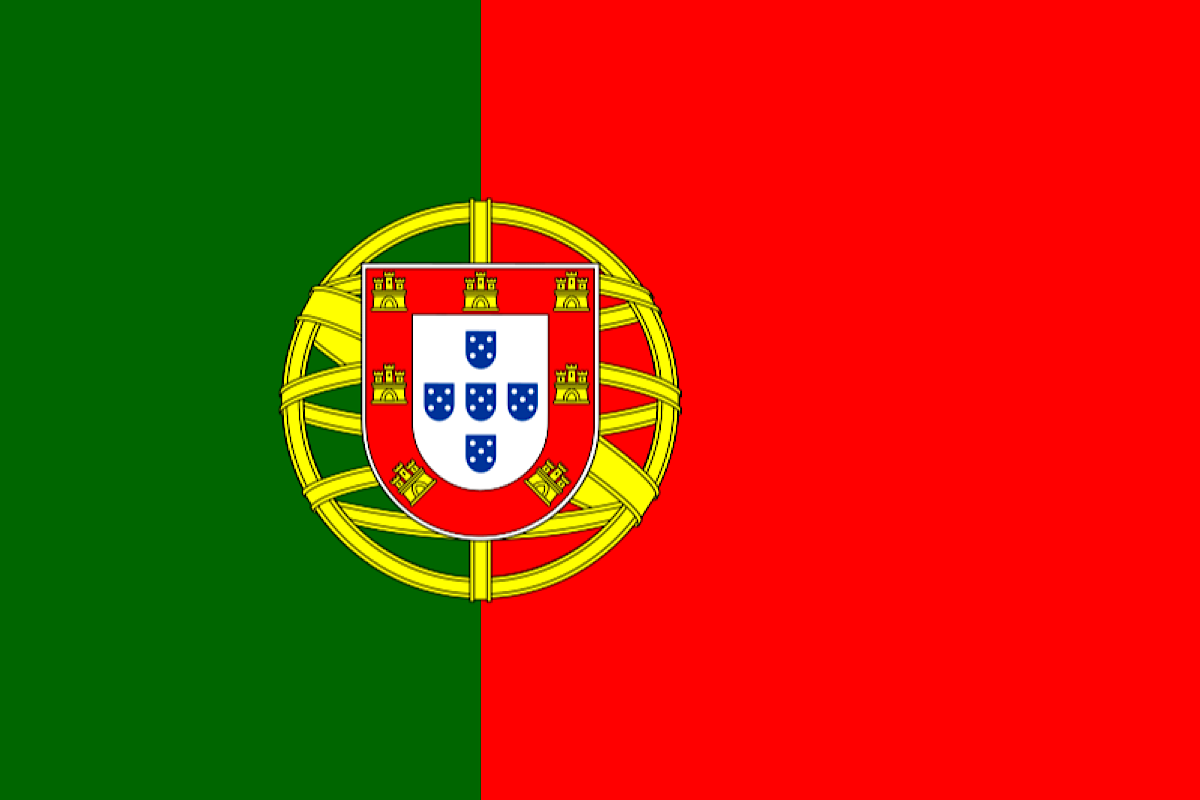Use of digital campaign affects traditional markets in LS polls
There is a demand for innovation, not tradition in the market
In the wake of Portugal’s general election on Sunday, politics finds itself at a crossroads, with the rise of the far-right Chega party signalling a notable departure from the country’s historical political trajectory.

Portugal flag [File Photo]
In the wake of Portugal’s general election on Sunday, politics finds itself at a crossroads, with the rise of the far-right Chega party signalling a notable departure from the country’s historical political trajectory. While the centre-right Democratic Alliance (AD) celebrates its victory, the question of governance looms large, as the possibility of forming a coalition with Chega remains uncertain. Portugal, once considered a bastion of resistance to right-wing populism in Europe, now confronts a reality where the far right has not only gained ground but holds a decisive role in shaping the future government. This shift challenges the prevailing narrative that Portugal’s democratic resilience would shield it from the surge seen in neighbouring nations.
The victory speech by AD leader Luis Montenegro, coupled with his refusal to negotiate with Chega, underscores the ideological divide that could potentially hinder effective governance. The far-right’s quadrupling of parliamentary seats, led by Chega’s charismatic leader Andre Ventura, reflects a growing sentiment among the electorate, dissatisfied with the status quo and drawn to anti-establishment promises. Pedro Nuno Santos of the left-leaning Socialist Party (PS), acknowledging defeat, has rejected the prospect of supporting AD’s platform, which includes broad tax cuts.
The razor-thin margin between AD and PS, along with Chega’s substantial presence, paints a picture of a divided electorate grappling with economic concerns, housing crises, and corruption allegations. The unprecedented growth of Chega, campaigning on an anti-establishment platform and expressing concerns about immigration, signals a broader discontent with mainstream politics. This discontent, coupled with a lack of trust in traditional parties, has fuelled the farright’s ascent, raising questions about the resilience of Portugal’s democratic foundations.
Advertisement
As President Marcelo Rebelo de Sousa awaits making the formal invitation to appoint the new government, Mr Montenegro’s reluctance to engage with Chega poses challenges. The fear of political instability lingers, and the potential for an ADChega alliance could shape the course of Portugal’s policies on immigration, corruption, and overall governance. In this complex political landscape, it is crucial for the newly elected government to recognise the diverse concerns that drove voters to Chega. Rather than dismissing these sentiments outright, a nuanced approach that addresses the root causes of discontent ~ such as the housing crisis, low wages, and healthcare issues ~ will be essential for fostering national unity. The fact that Portugal has experienced solid economic growth and fiscal prudence under Socialist leadership complicates the narrative.
While the country has made commendable strides, the election results indicate a yearning for change and a dissatisfaction with the handling of critical issues. The surge of the far-right challenges assumptions about the country’s immunity to right-wing populism, requiring a careful and inclusive approach to governance. The decisions made in the coming weeks will shape Portugal’s trajectory, determining whether it succumbs to division or finds common ground in addressing the concerns that propelled the far-right to prominence.
Advertisement